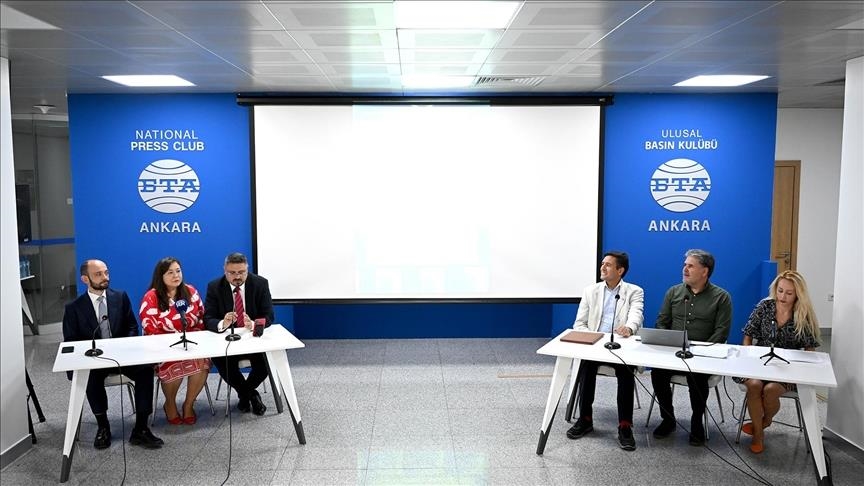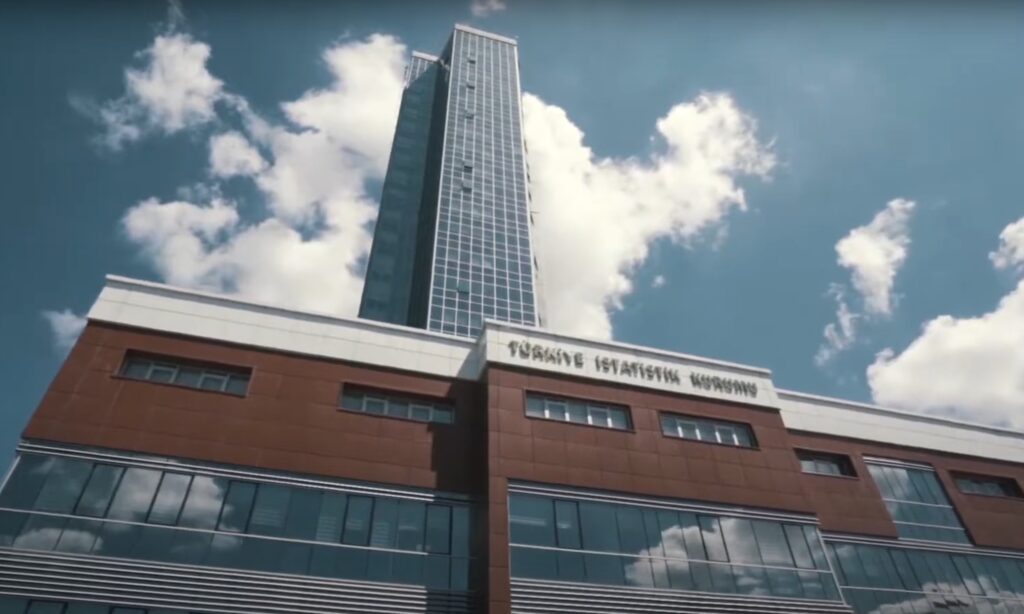Avid Shiites, Apathetic Sunnis Divided on Elections
Shiite voters queued outside polling stations, mainly in the south, to cast their ballots enthusiastically, answering a call from their spiritual leader Grand Ayatollah Ali Al-Sistani.
In the Shiite district of Al-Washash, in central Baghdad, voters flocked to a polling station in Al-Intsar primary school amid watertight security.
Voters are frisked at three checkpoints and asked to leave their cellular phones outside over fears they could be used in remote-controlled bombings.
Iraqi policemen check identity and election papers before handing voters two ballots one for the National Assembly and the other for the provisional councils.
In the holy Shiite city of Najaf, mothers carrying babies and blind men helped by relatives were among thousands who rushed to cast their ballots.
“I insisted on coming despite my handicap because voting is a religious duty according to Grand Ayatollah Ali Sistani,” Jawwad Shkeir, a 56 -year-old blind man, told Agence France-Presse (AFP).
Eighty-year-old Mahdeya Saleh, covered from head to toe in a black chador robe, was beaming with pride at being part of the Iraq’s first democratic elections in 50 years.
“I was often forced to vote under (the ousted regime) of Saddam Hussein. Today I came freely to choose the candidate of my choice. This is the first and last time in my life,” to vote, she said.
Waiting outside a voting centre in the southern city of Nasiriyah, Latif Hassan praised the elections “a foundation for a new Iraq.”
At one polling center in Baquba, Ali Abdul Sattar, a Shiite, also described the polls in religious lines.
“This election is just like Noah’s Ark — whoever is on board will survive and those outside will perish.”
Iraq’s major Shiite groups unveiled on December 9 a much-talked-about unified list of 228 candidates, back by Sistani, and young leader Moqtada Al-Sadr was conspicuous by his absence.
Around 14 million Iraqis are eligible to cast ballots Sunday, January30 , at some5 , 700polling stations to elect a275 -seat National Assembly that will in turn choose a Presidency Council and draft the country’s new constitution.
The constitution must then be ratified through a national referendum – scheduled to take place at the end of2005 .
Grim
However, the mood was grim in the Sunni heartland.
Many polling stations in Sunnis cities and districts looked deserted with few, if any, turning up in the first two hours of voting.
“There is a poor turnout in our polling stations in Al-Adhamiya secondary school,” Tarke Yasser, who boycotted the elections, told IslamOnline.net.
“It is expected because leading Sunni powers and parties have decided to boycott the vote.”
The Association of Muslim Scholars, the highest Sunni religious authority in Iraq, championed the call for election boycott.
The Islamic Party of Iraq, the main Sunni political party, had quit the election race also over aggravating insecurity.
A poll conducted by the US-based Zogby International for Abu Dhabi television showed Friday, January28 , that three out of four Iraqi Sunnis would not vote.
Election staff did not even turn up in time to open voting stations in Samarra, northwest of Baghdad, and few police were seen on the streets.
“Nobody will vote in Samarra because of the security situation,” Taha Hussein, head of the local council in Samarra, told AFP.
One polling station in Al-Kalaa district opened 90 minutes late and Iraqi commandos took up positions outside.
Polling stations in other towns have not opened four hours after nationwide voting started earlier in the day.
“In Latifiyah, Mahmudiyah and Yusufiyah, polling stations have not yet opened their doors,” election commission spokesman Farid Ayar told reporters.
“ As you know, Latifiyah, Mahmudiyah and Yusufiyah are hotspots. We have allowed residents of these areas to vote in the nearest polling station” to the towns, said another member of the commission.
Tikrit, the hometown of ousted Iraqi president Saddam Hussein, was described as a ghost town.
Militants unleashed Sunday a wave of bloody attacks, killing at least 27 people and wounding dozens in bombings and mortar strikes at polling stations across the country.
Representatives of several Iraqi parties and leading political figures have been campaigning for a six-month delay of the vote over the increasing deteriorating security conditions.
UN Iraqi envoy Lakhdar Brahimi also warned that holding the elections would be impossible unless “first and foremost security improves.”



